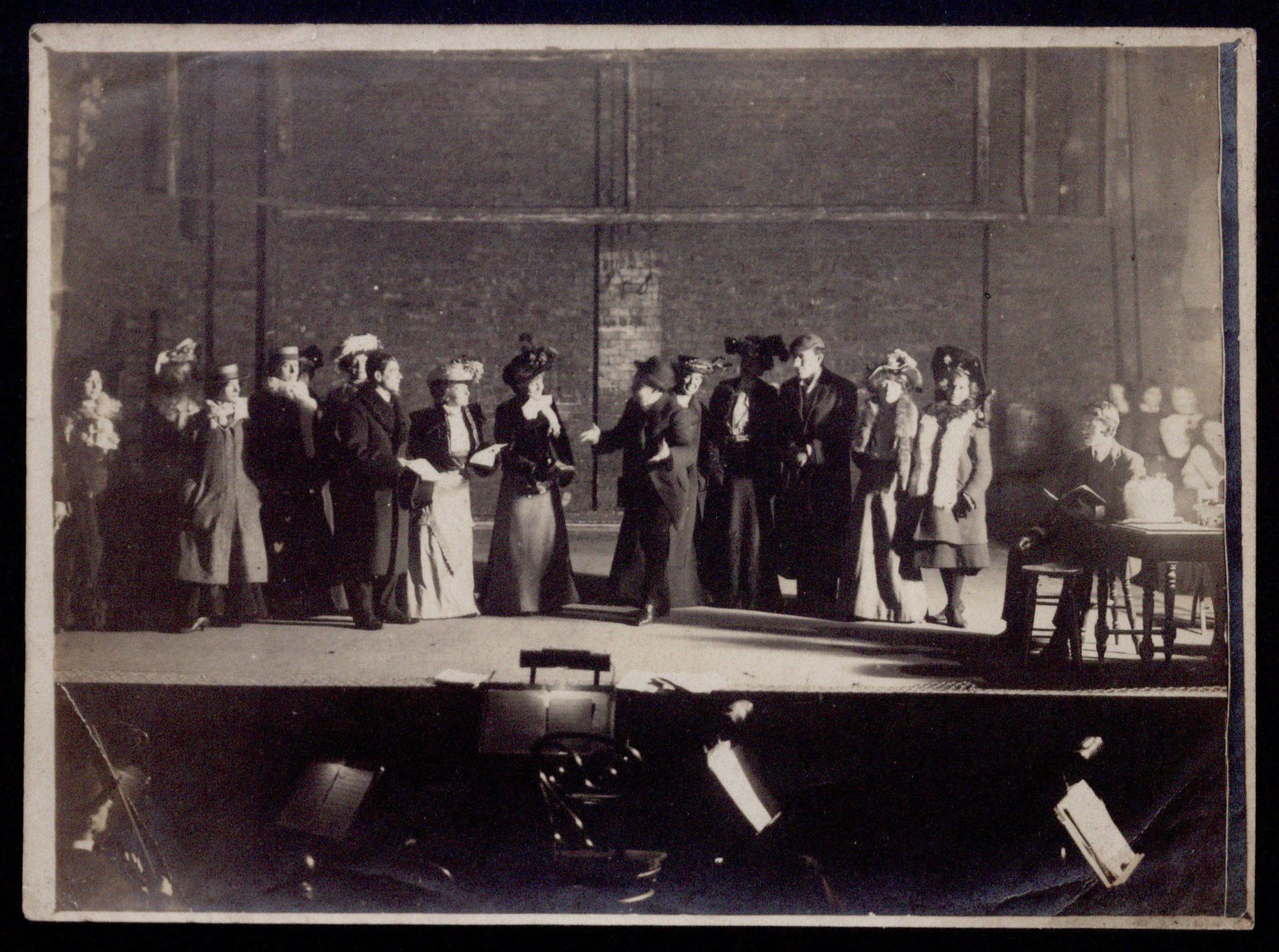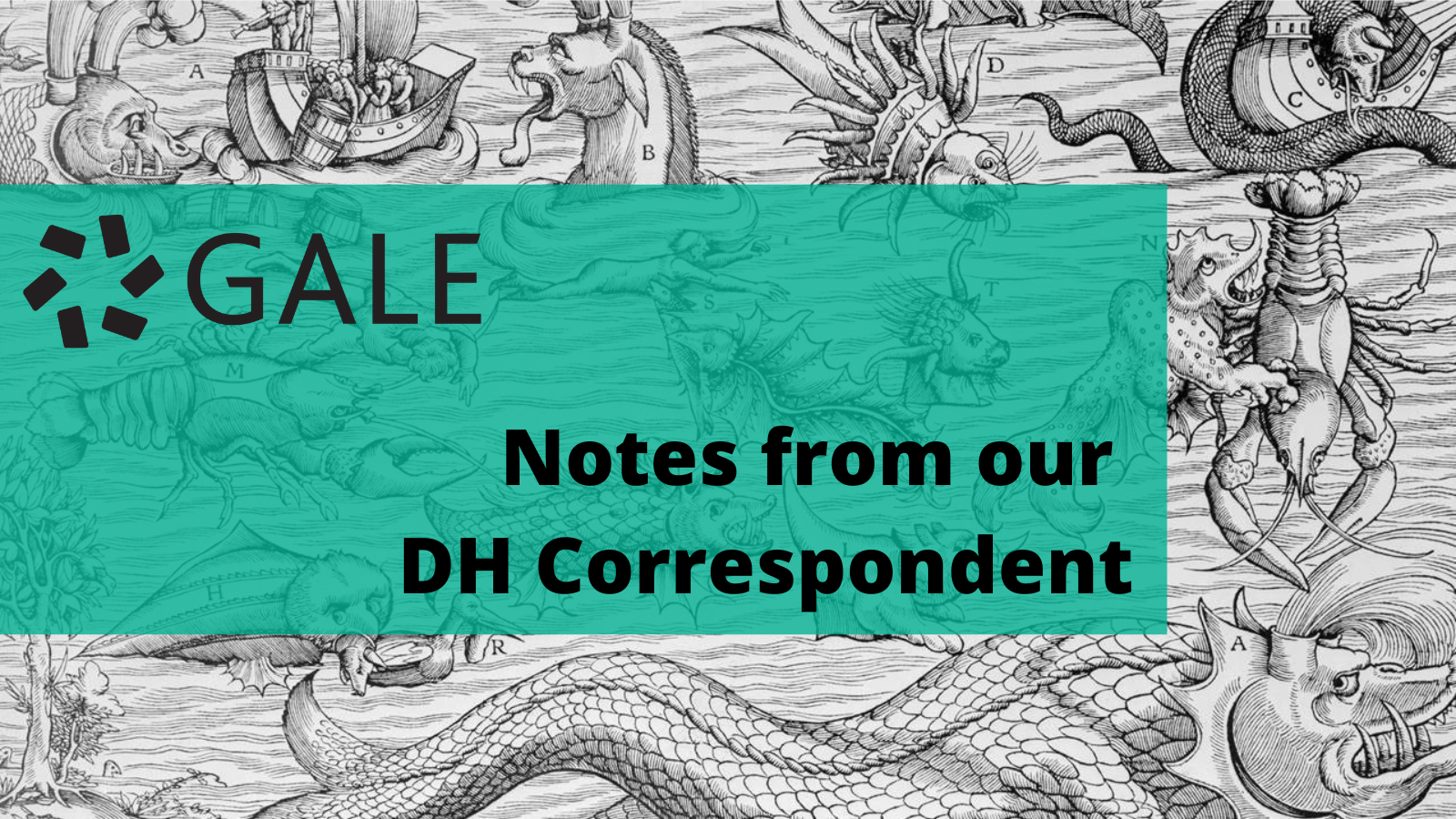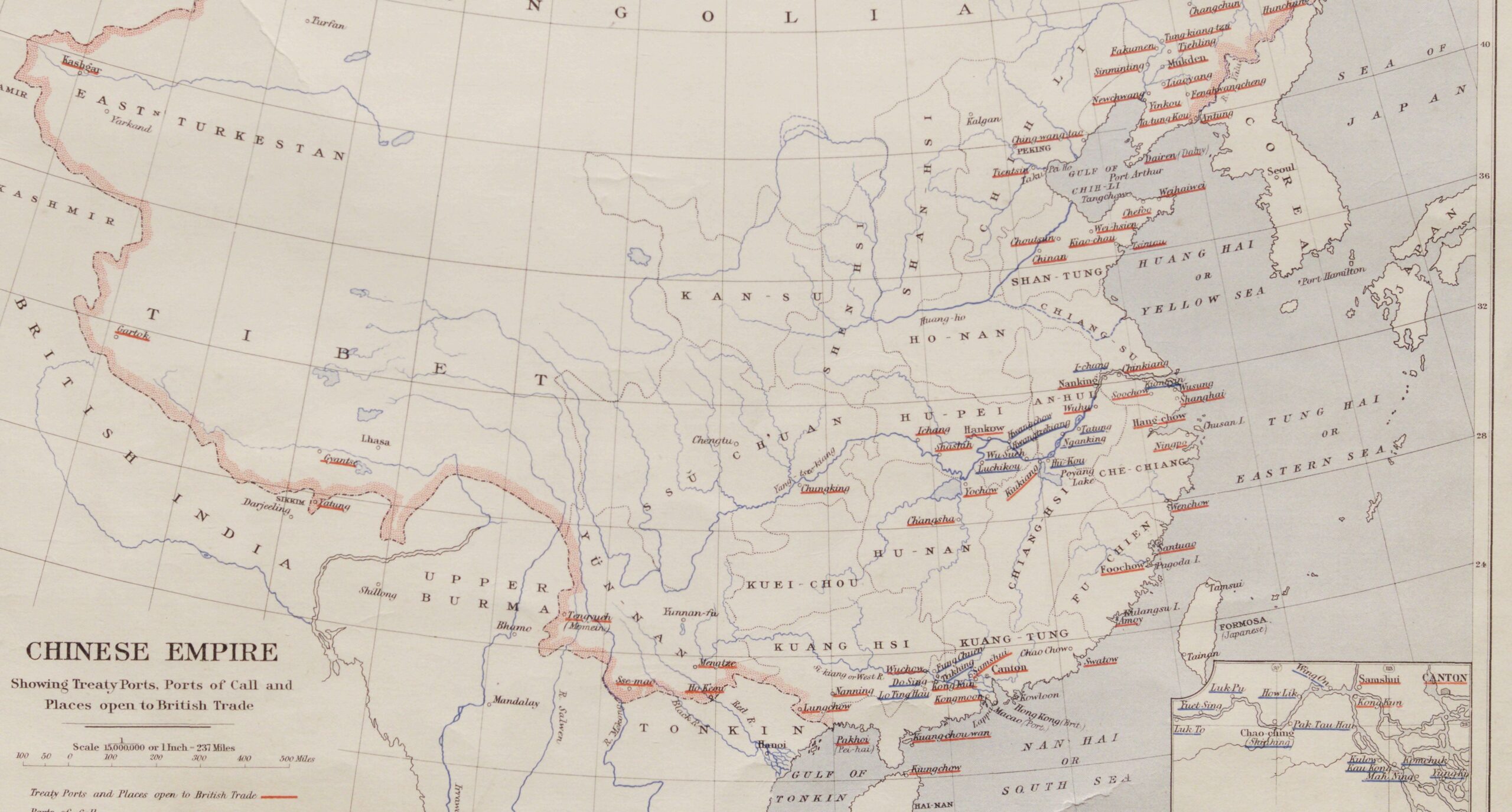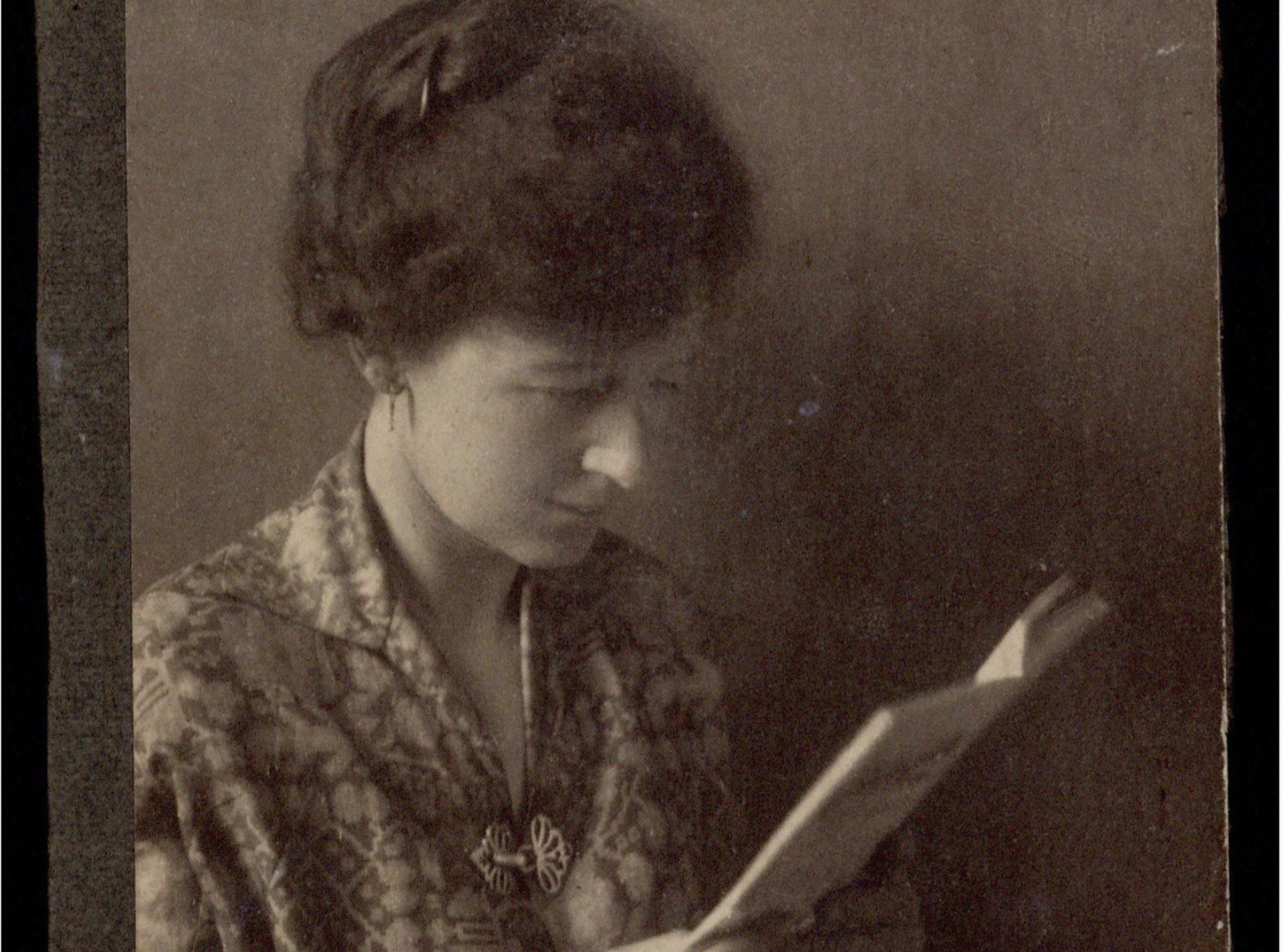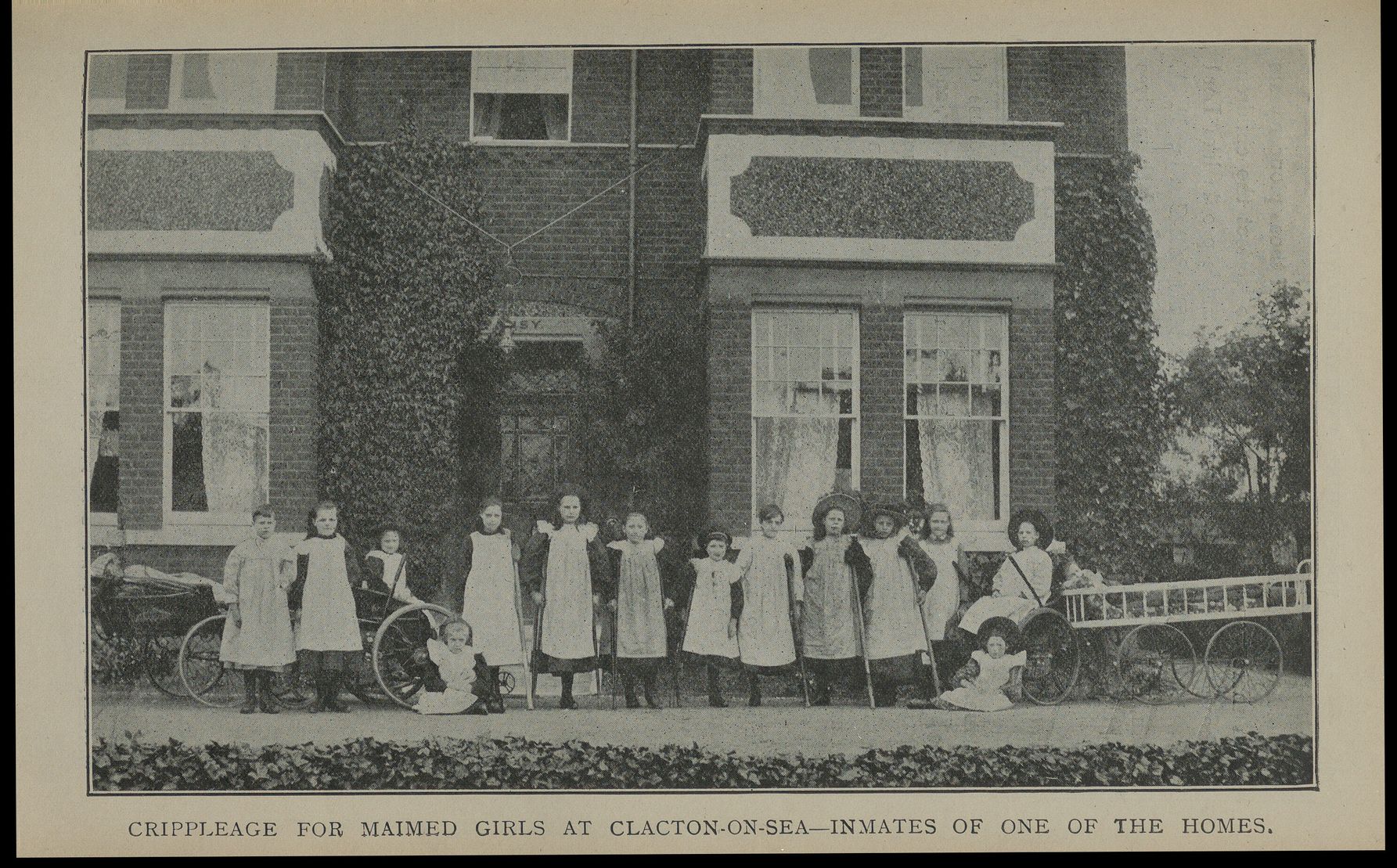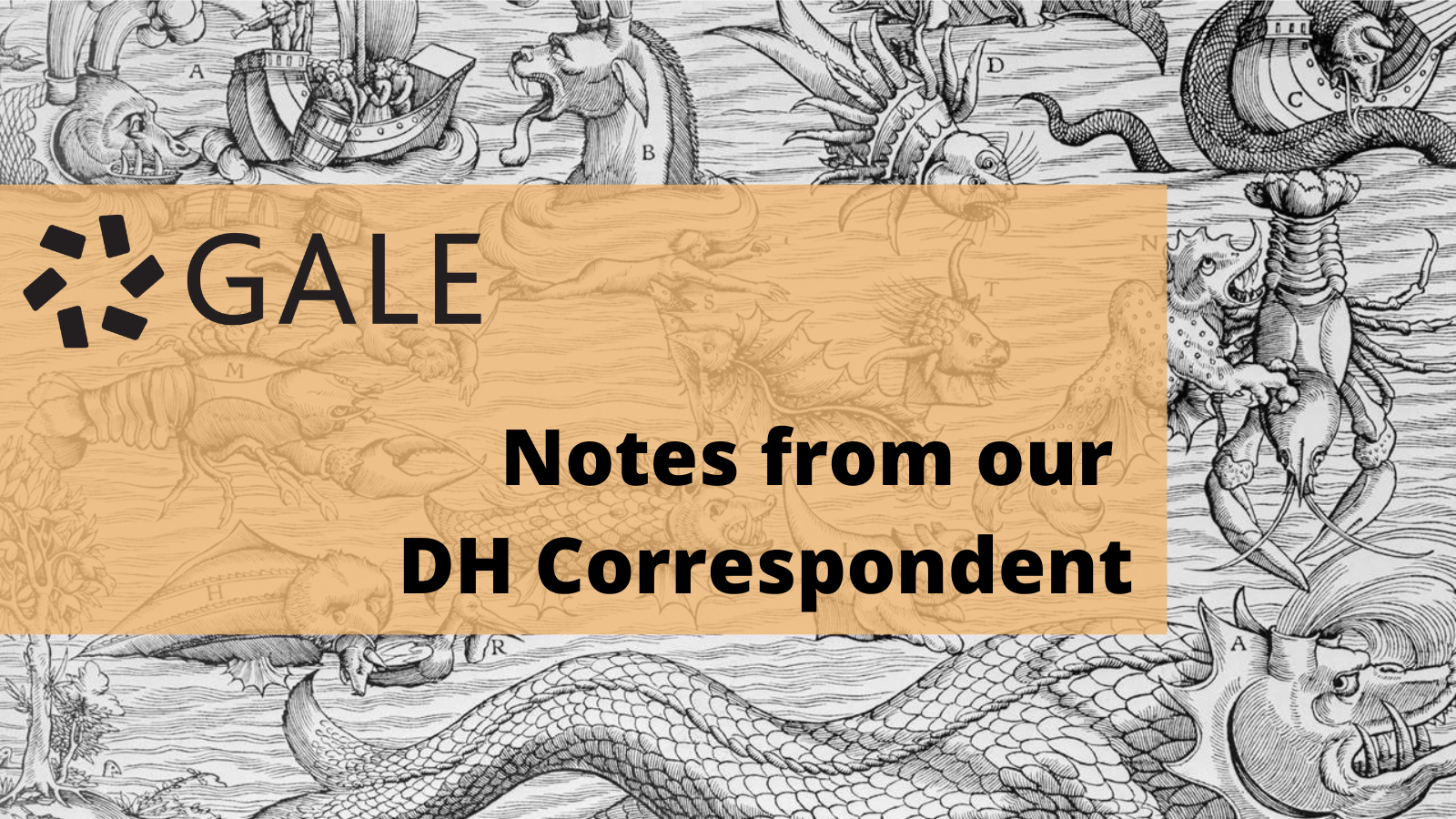|By Magaly Taylor, Discovery and Usage Product Manager, Gale│
Archives provide valuable access to the past, enabling educators and researchers in the humanities and social sciences to incorporate historical collections into their work. Primary source archives products are invaluable for research and learning, encapsulating entire historical periods through diverse content like manuscripts, images, and publications.
This blog post explores the use of metadata to discover primary source content and Gale’s activities to enhance the discoverability of their eResources.

